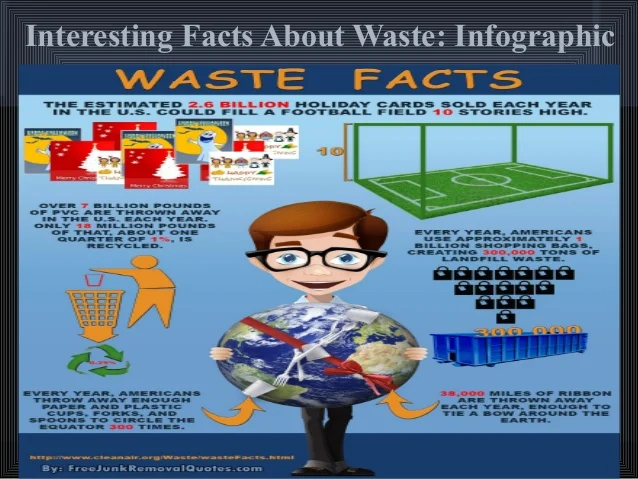Embracing The Future Generation Of Garbage Disposal, Are Poised To Transform The Way We Handle Waste, Introducing A Brand-New Age Of Performance And Sustainability
Embracing The Future Generation Of Garbage Disposal, Are Poised To Transform The Way We Handle Waste, Introducing A Brand-New Age Of Performance And Sustainability
Blog Article
Short Article By-Mccoy Reece
As you consider the future of rubbish collection, envision a landscape where smart sorting systems, independent trash trucks, and waste-to-energy modern technologies converge to reshape the means we take care of waste. These ingenious advancements guarantee effectiveness, sustainability, and a decreased ecological impact. Keep tuned as we check out exactly how these advanced solutions are positioned to change the rubbish collection sector in the future.
Smart Sorting Solutions
Carrying out wise sorting systems changes rubbish collection by improving the process and improving effectiveness. These systems utilize innovative innovation to automatically arrange recyclables from general waste, lowering contamination levels and increasing the amount of material that can be recycled. By incorporating sensors and expert system, clever sorting systems can identify various sorts of materials, such as plastics, glass, and paper, with exceptional accuracy.
With the capacity to different products at the resource, smart sorting systems make reusing easier for people and businesses alike. By improving the high quality of recyclables accumulated, these systems add to a much more lasting waste administration process.
Additionally, flexi bin mitre 10 gathered from these systems can help municipalities track recycling rates, determine patterns, and maximize collection courses.
Autonomous Trash Trucks
Revolutionizing waste collection, Autonomous Waste Trucks are altering the game with their cutting-edge modern technology. waste management bins cost -driving cars navigate communities efficiently, decreasing human mistake and maximizing trash courses. Equipped with advanced sensors and AI systems, they can identify challenges, pedestrians, and other cars, making certain safe procedures.
Self-governing Rubbish Trucks use numerous advantages. They help in reducing traffic congestion and exhausts by complying with one of the most reliable courses. Additionally, these cars run quietly, decreasing environmental pollution in suburbs during early morning collections. With the capacity to function all the time, they boost the productivity of waste administration solutions.
One crucial benefit of Autonomous Waste Trucks is their potential to enhance employee security. By automating the collection process, these trucks minimize the dangers related to manual trash, such as injuries from heavy training or crashes on active roads.
As auckland council green waste continues to evolve, these innovative cars are poised to transform the waste management market, making trash safer, much more reliable, and environmentally friendly.
Waste-to-Energy Technologies
With waste generation on the rise, locating sustainable solutions is becoming significantly essential. Waste-to-Energy (WtE) innovations use an appealing strategy to handling our waste while generating power. These modern technologies entail transforming non-recyclable waste materials into usable kinds of energy like electrical energy, warmth, or fuel.
By diverting waste from landfills and blazing it in regulated setups, WtE not just lowers the quantity of waste but additionally produces beneficial power sources.
One common approach of WtE is mass-burn incineration, where waste is burned at high temperatures to create heavy steam that drives turbines creating power. An additional strategy is gasification, which transforms waste into artificial gas that can be utilized for power generation or as a chemical feedstock.
Additionally, anaerobic food digestion breaks down organic waste to create biogas for energy.
Implementing WtE modern technologies can help reduce greenhouse gas emissions, reduce reliance on fossil fuels, and lessen the ecological influence of waste disposal. As we pursue a more sustainable future, embracing Waste-to-Energy modern technologies can play a critical duty in addressing our growing waste monitoring obstacles.
Conclusion
To conclude, the future of rubbish collection is bright with ingenious innovations like smart sorting systems, autonomous garbage vehicles, and waste-to-energy technologies blazing a trail in the direction of a lot more effective and environmentally friendly practices. These advancements assure to revolutionize the waste monitoring procedure, minimize contamination levels, increase recycling rates, and add to a more lasting future. Get ready for a cleaner, greener, and smarter means of dealing with rubbish in the years ahead.
